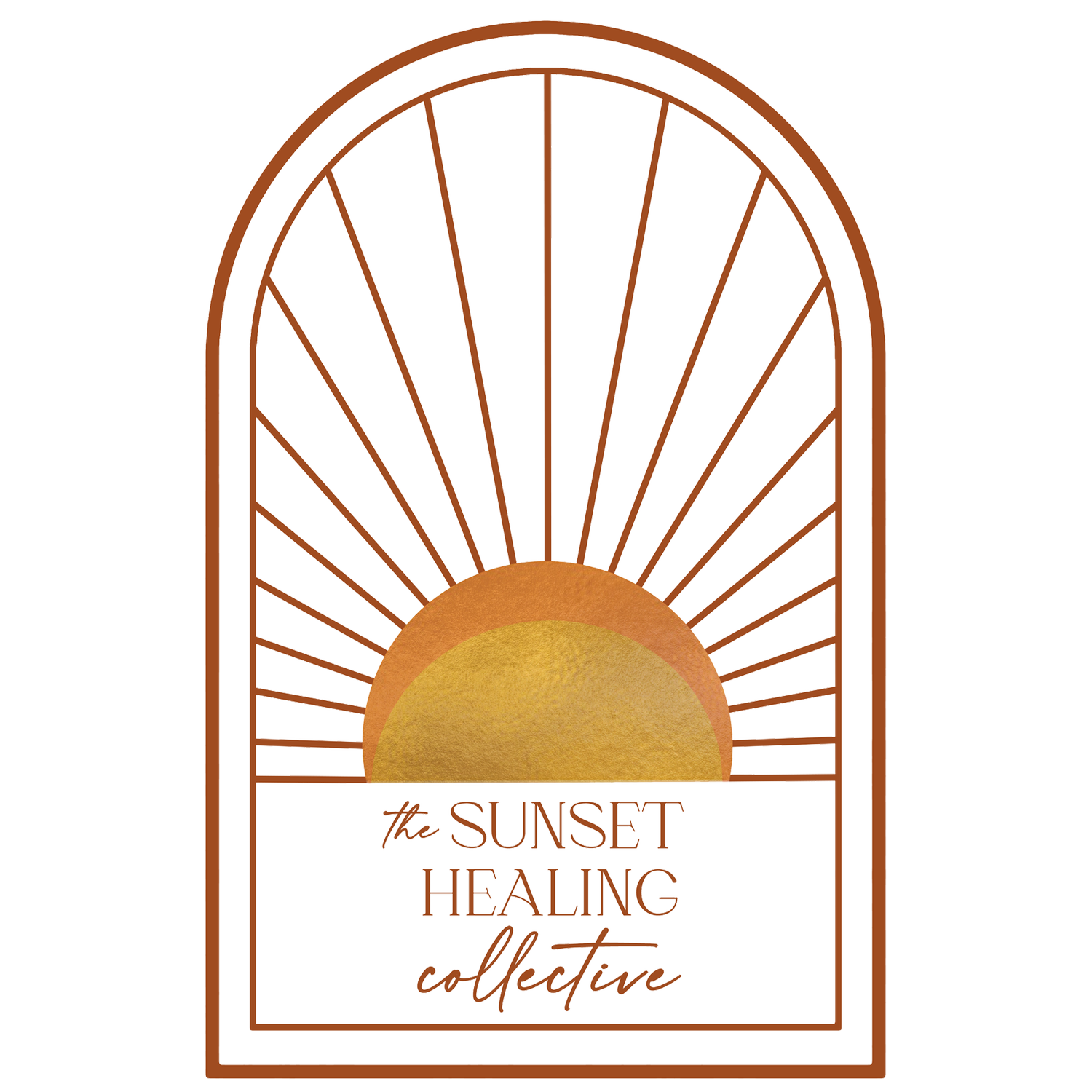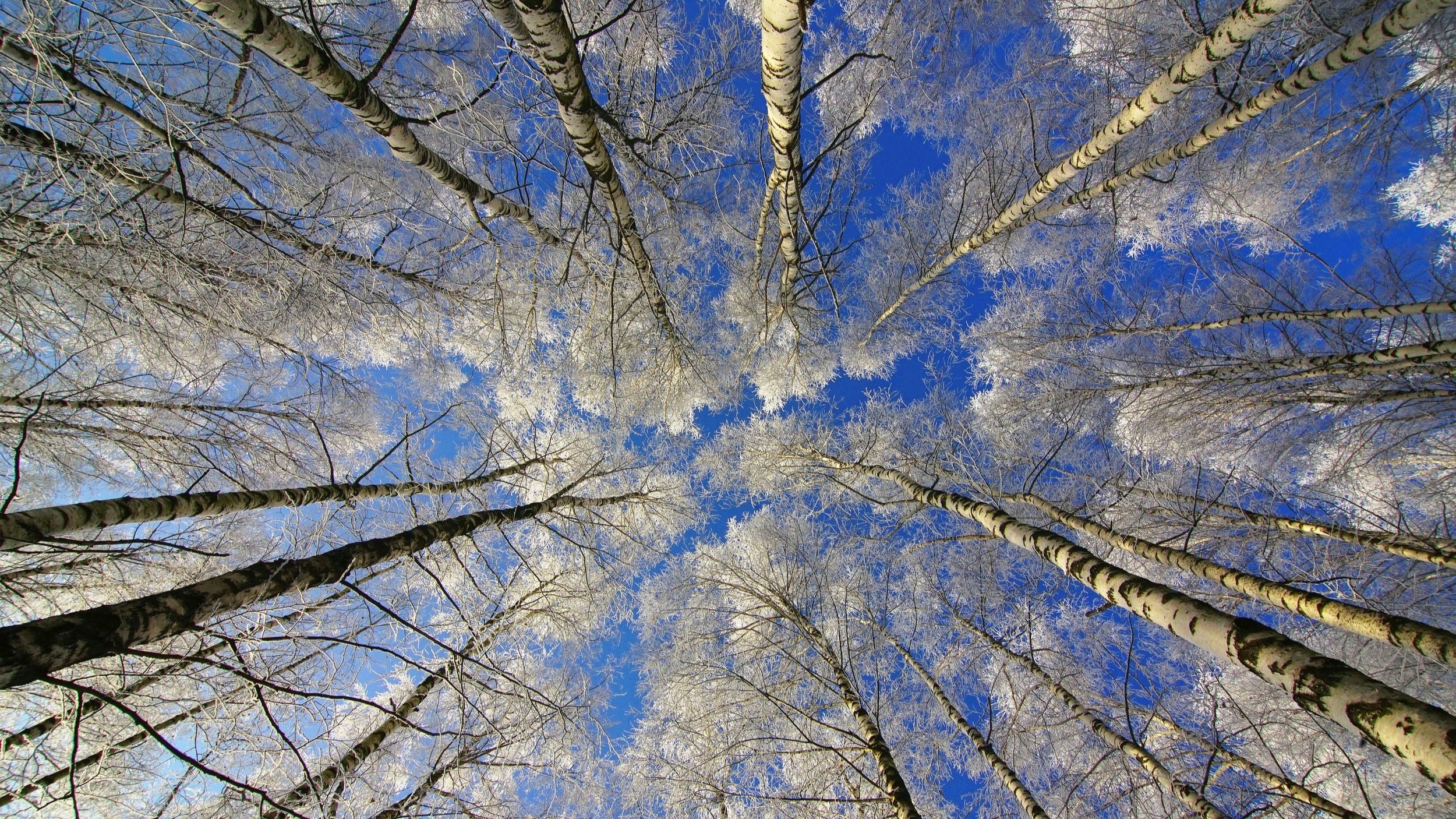Why joints hurt when it's cold
Ever wonder why joints hurt when it's cold? Is it mere coincidence and is there anything you can do about it?
During periods of cold whether, particularly winter time, there is an increase in lower body pain.
Cold weather can cause the joints to hurt because cold weather causes a change in the joint fluid. Cold temps cause the joint fluid to thicken, and this subsequent shrinking of the tissues in turn pulls on the nerve endings and causes pain.
This begs the question, is there anything you can do about it? The answer is YES.
Before we get into how to alleviate joint pain in cold climates, check out the Traditional Chinese Medicine 2500 year old philosophy and perspective on how climate impacts physiology and health.
Let's begin with a quick crash course in the basics of TCM (Traditional Chinese Medicine).
There are two aspects of energy, feminine and masculine, also known as Yin Yang.
There are 5 Elements or 5 Energetic Phases of Yin Yang energy: Wood, Fire, Earth, Metal, Water.
These 5 Elements provide a framework for understanding how all of the tissues, organs, fluids, and metabolic activity manifests within the human form. This is known as the microcosm, the human form, mirroring the macrocosm, the earth.
Just as the earth undergoes natural cycles of transformation, humans do too. From conception to birth, maturation, decline, and ultimately death. This natural cycle happens in the world around us; bugs, birds, plants, forests, valleys, mountains and entire continents undergo all of the transformations.
Summarizing the 5 Elements is difficult as it is such a huge topic, but I’ll digress to get to the darn point.
Why joints hurt when the weather changes?
Why are you worse off in the winter?
The connection lies in the relationship to the Water Phase in the 5 Elements.
Each Element has a season, the season of Water is winter.
There are two organs associated with Water: the urinary bladder and the kidneys. The tissue of this element is bone, and the fluid is, not surprisingly, urine.
The low back is the abode of the kidneys and it is said that the kidneys control the lower half of the body.
In TCM all lower body issues, be they leg, hip, knee, ankle, foot, urogenital or reproductive, have some imbalance of the Water Element.
Cold has a contracting quality and we tend to be much more contracted in winter than summer, hence more tightness all over. Our physical state follows the nature of winters energetic quality: contracted. This contracted state is often mirrored in our affect and mood.
I believe in working with nature rather than fighting it. There is a lot you can do to alleviate joint weather pain in the winter months.
There are some very important preventative and proactive steps you can take to both avoid lower body imbalances in winter, as well as treat chronic and acute flare ups.
Here is how prevent and alleviate joint pain when it's cold:
Get plenty of rest. According to Chinese wisdom, in winter you should rise with the sun and go to bed early.
Keep your low back and feet warm and protected. Avoid skin being exposed in drafty rooms. And wear extra clothes to avoid feeling chilled and contracting the muscles and joints.
Stretch and strengthen the low back, hips, hamstrings and ankles. Be mindful not to overexert as this time of year you are more prone to injury in those areas. For strength: try air squats or lunges. For stretches, forward bend, seated forward bend, and squat pose (Malasana in yoga) are great for moving blood along the kidney and urinary bladder meridian.
Apply heat: Moxibustion is a wonderful therapeutic to warm the channels and meridians increasing blood flow and circulation. Warm baths are also a great way to nourish the health and vitality of the Water element and its corresponding tissues.
Drink bone broth. The food energetics of bone broth is that it is grounding and there are essential minerals, especially calcium, which will help nourish and fortify the Water Element.
Spend at least fifteen minutes outdoors every day. Being outside connects your body more deeply to the natural world and influences your natural rhythms.

